Six Indian Americans are 2024 Paul & Daisy Soros Fellows
Each fellow will receive US$90,000 in funding for the graduate program of their choice as part of the fellowship
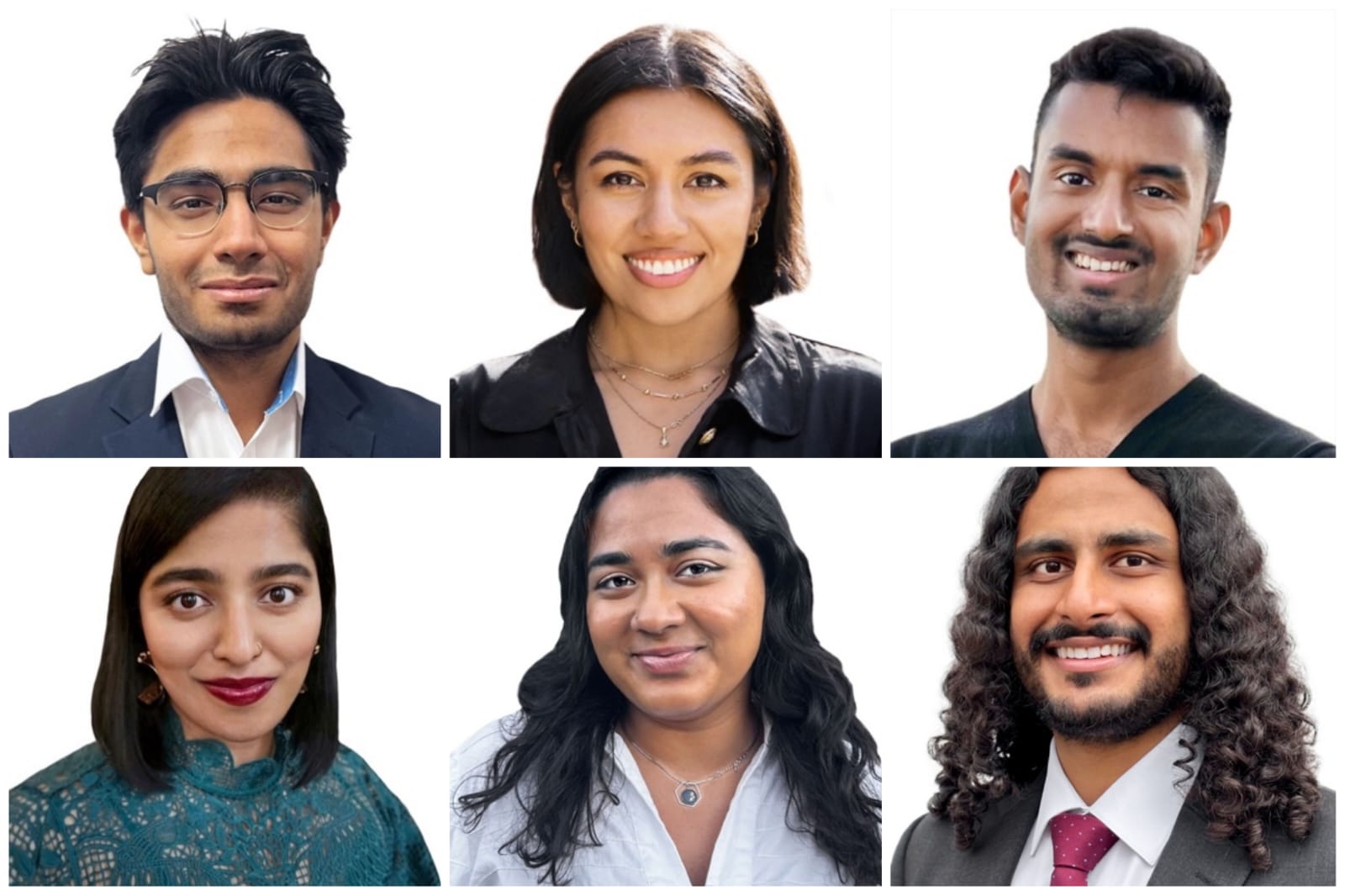 Aayush Karan, Ananya Agustin Malhotra, Akshay Swaminathan, Keerthana Hogirala, Malavika Kannan, Shubhayu Bhattacharyay / Image-Paul & Daisy Soros Fellowship
Aayush Karan, Ananya Agustin Malhotra, Akshay Swaminathan, Keerthana Hogirala, Malavika Kannan, Shubhayu Bhattacharyay / Image-Paul & Daisy Soros Fellowship
The board of directors of The Paul & Daisy Soros Fellowships for New Americans, a merit-based graduate school program for immigrants and children of immigrants, announced their 2024 cohort of fellows including six Indian Americans.
Aayush Karan, Akshay Swaminathan, Keerthana Hogirala, Malavika Kannan, Shubhayu Bhattacharyay and Ananya Agustin Malhotra will receive US$90,000 in funding for the graduate program of their choice as part of the fellowship.
Aayush Karan
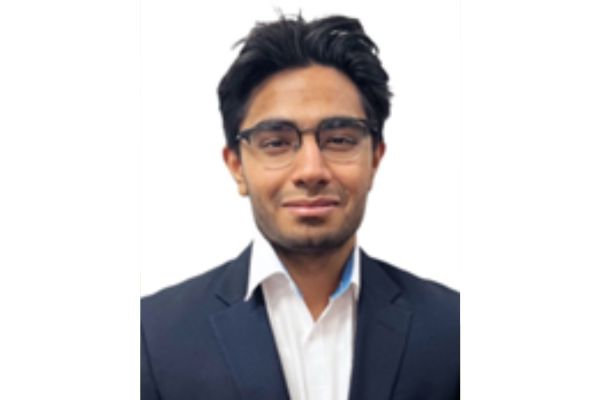
Son of cancer researchers from India, was awarded the fellowship to pursue a PhD in quantum science and engineering at Harvard University. He did his undergraduate at the same university graduating summa cum laude in 2023.
Aayush was elected a marshal of the Junior 24 for Harvard’s chapter of Phi Beta Kappa and awarded the Sophia Freund Prize for academic standing. Currently pursuing classical and quantum computational learning, he aspires to be actively involved advancing the potential of AI systems.
Ananya Agustin Malhotra
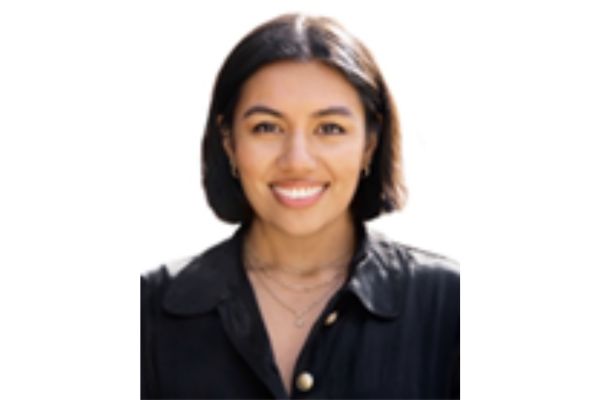
Daughter of Filipino and Indian immigrants, Ananya will use the grant to support a JD at Yale. Her interests lie at the intersection of global history, international law, and peace and security issues.
A Princeton University graduate, Ananya has spent her time advocating for victims of sexual assault as well as for nuclear disarmament and risk reduction through her research. She was chosen as a Rhodes scholar and has worked in Washington, DC at the Nuclear Threat Initiative and at the Quincy Institute for Responsible Statecraft.
Akshay Swaminathan
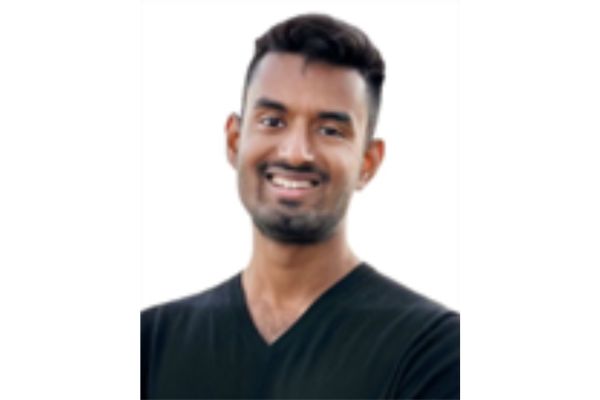
Born in New Jersey to immigrants from Tamil Nadu, Akshay will use the fellowship to fund his MD/PhD in biomedical data science at Stanford University. He leverages data to build tools for patients, clinicians, and policymakers.
At mental health firm Cerebral, he and his team deployed a suicide detection system that has served over 500,000 patients. Additionally as a polyglot, Akshay has founded Start Speaking—a platform to help language learners build spoken fluency. He aspires to become a physician, who combines data with medicine to strengthen health systems.
Keerthana Hogirala
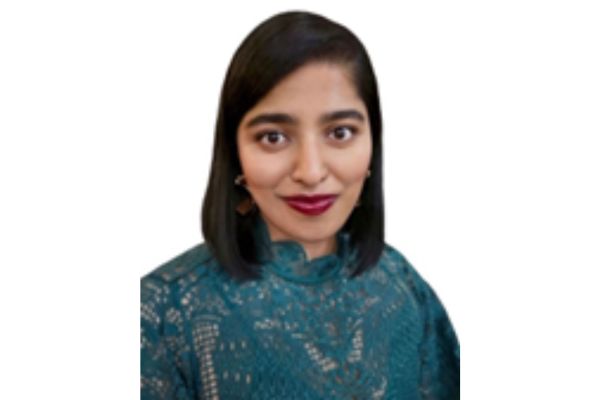
Born in Tirupati, Hogirala immigrated to the States at the age of six. She graduated in neuroscience from the University of Illinois,Urbana-Champaign and will study MBA/MPP at the University of Chicago as part of the fellowship.
Keerthana Was instrumental in managing DC schools’ COVID-19 pandemic response, overall operations, and eventual city-wide school reopening. She also served as chief of staff for the chief technology officer where she oversaw the school system's technology strategy, data governance, and multi-year digital transformation initiative. In future, she aims to address critical public needs and advance social development, particularly for underserved populations.
Malavika Kannan
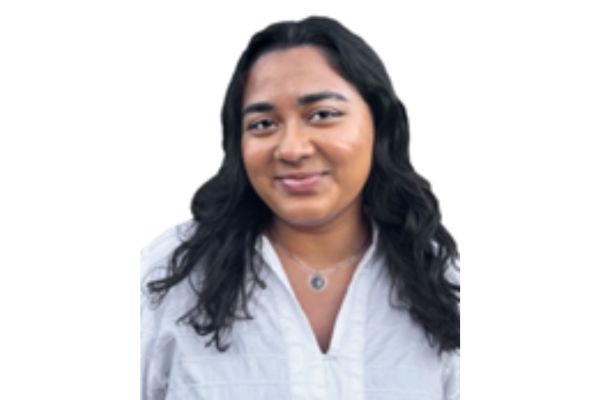
A passionate writer, Malavika was awarded the fellowship to pursue an MFA in fiction. She is the author of ‘All the Yellow Suns’, a young adult novel about a queer Indian American girl growing up, fighting violence, and finding love in Florida.
Apart from fiction, Malavika uses her skills to write on identity, culture, and politics for The Washington Post, Teen Vogue, Refinery29, and The San Francisco Chronicle, amassing an audience of nearly 50,000 online. Her degree will prepare her to pursue a career as a novelist and professor of literature.
Shubhayu Bhattacharyay
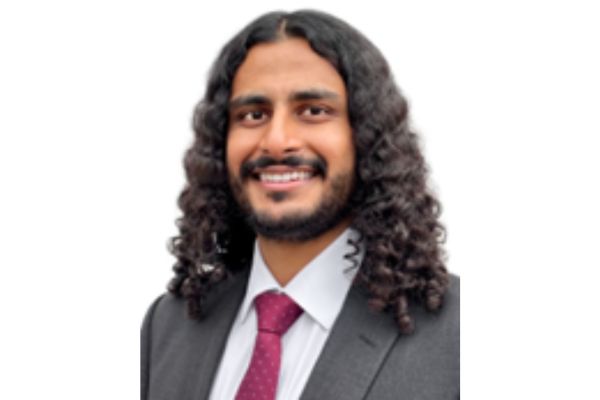
Los Angeles resident, Subhayu was born in Kolkata, and spent his childhood in Vietnam before moving to the United States. He will use the grant to pursue an MD at Harvard University.
Stories of traumatic brain injury (TBI) survivors motivated Shubhayu to take up a medical career with a focus on computational neuroscience to improve life after surgery for them. For his PhD thesis, Shubhayu developed AI methods to improve prognostic counseling and suggest individually optimized treatment plans for ICU TBI patients. He is currently researching sources of bias in medical AI at Harvard.
ADVERTISEMENT
ADVERTISEMENT
E Paper
Video




1759953093.png) Staff Reporter
Staff Reporter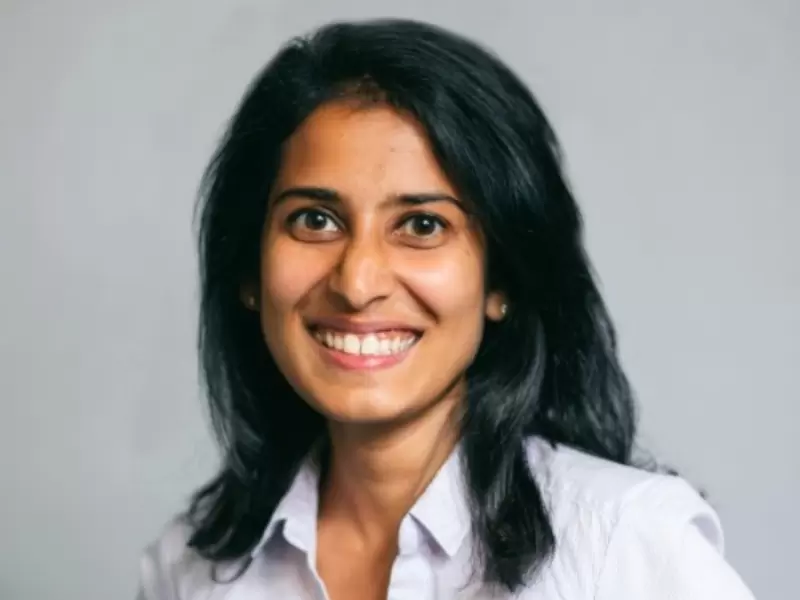
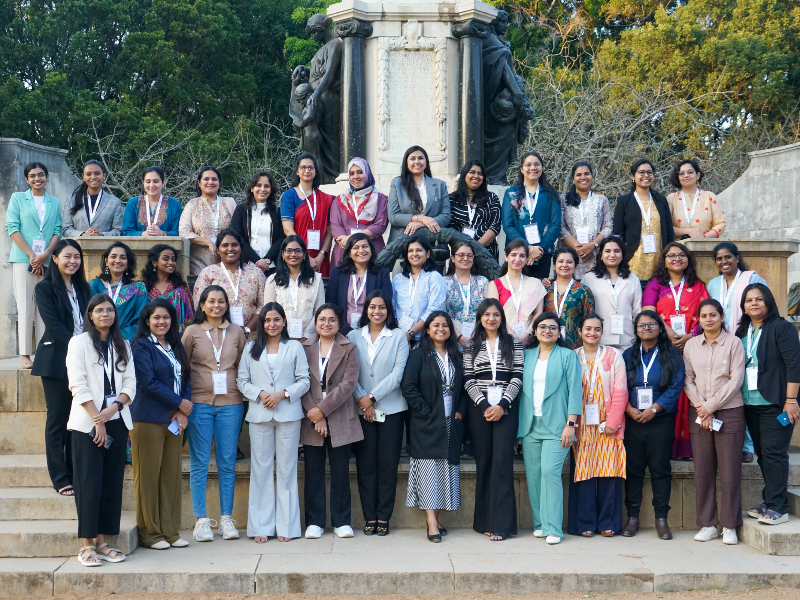
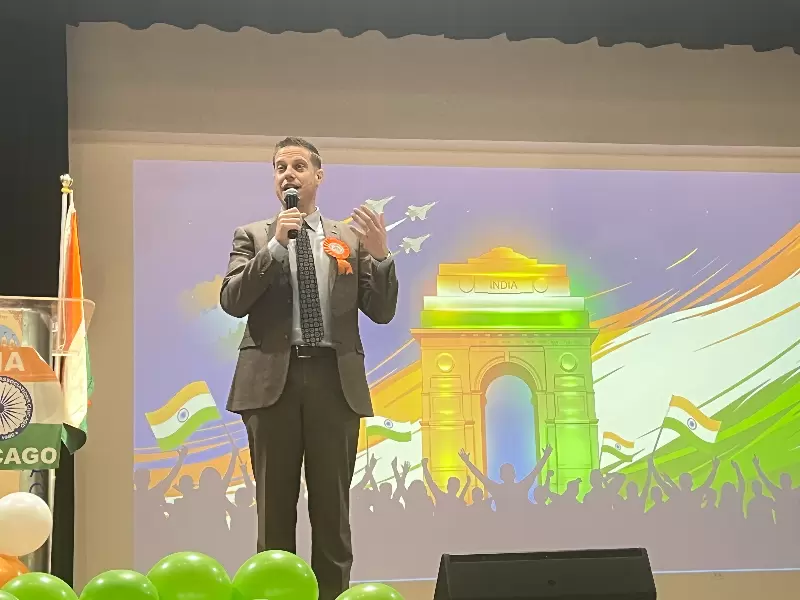
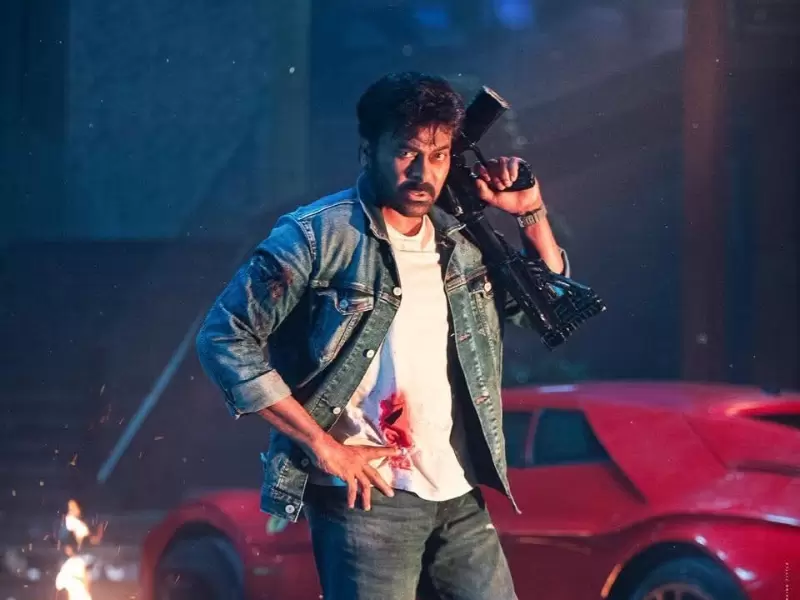

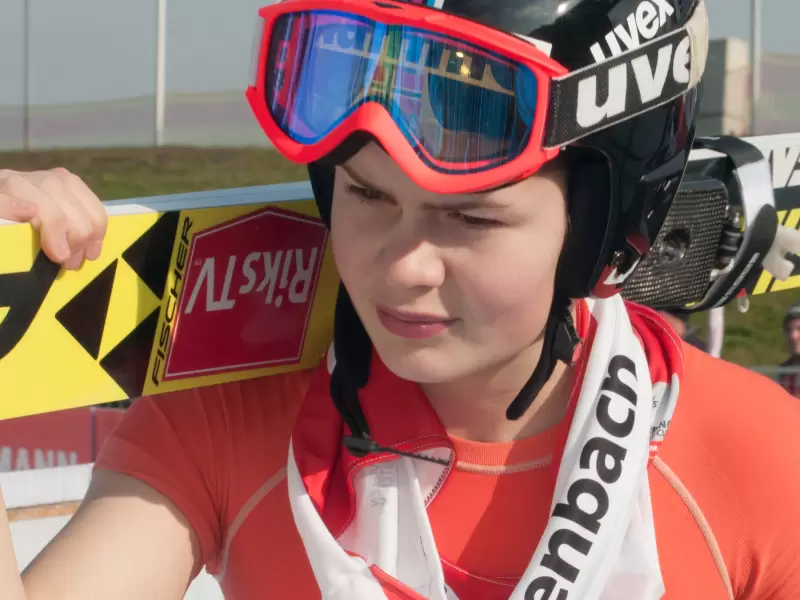
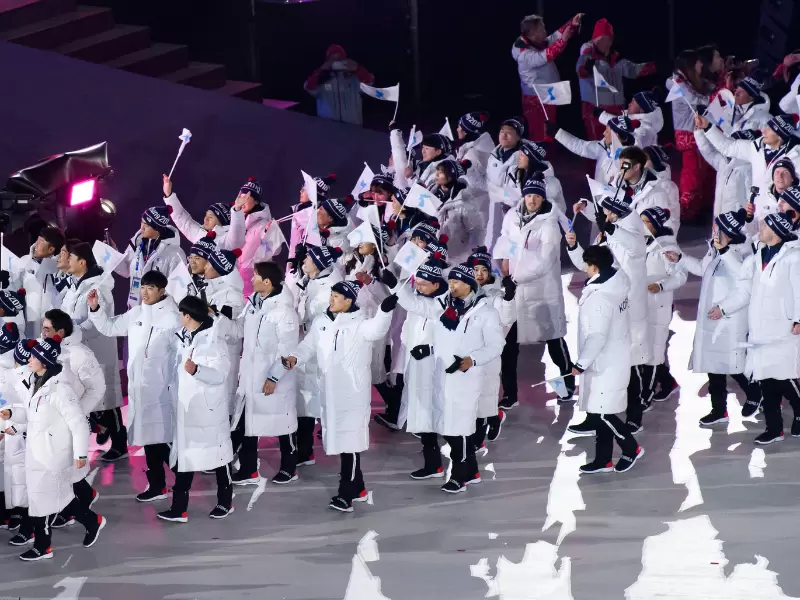
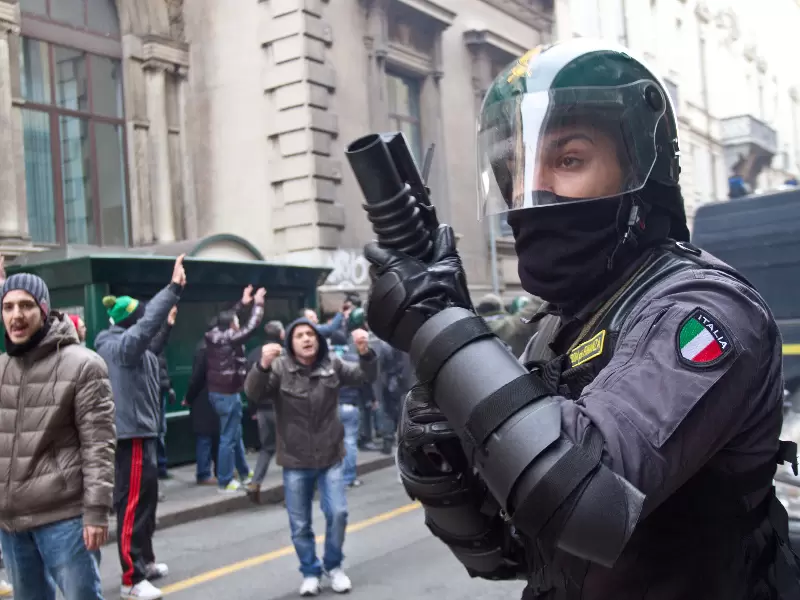
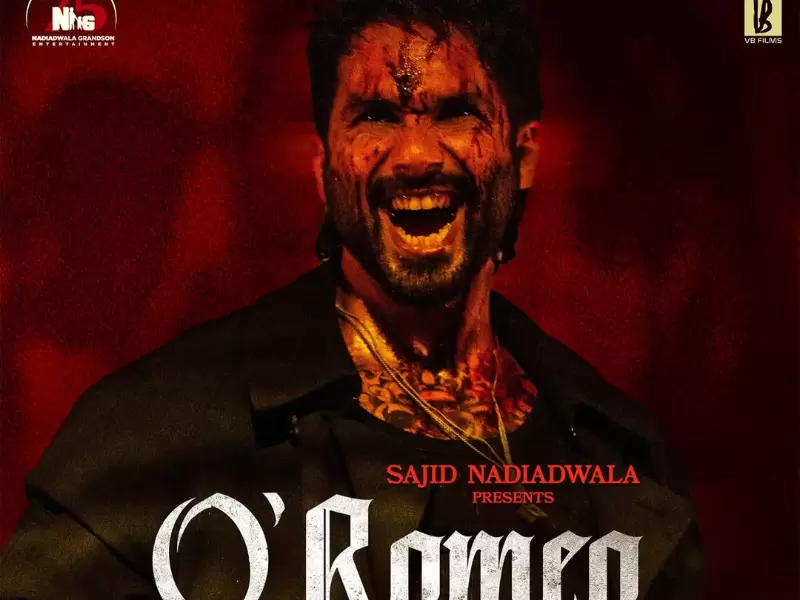
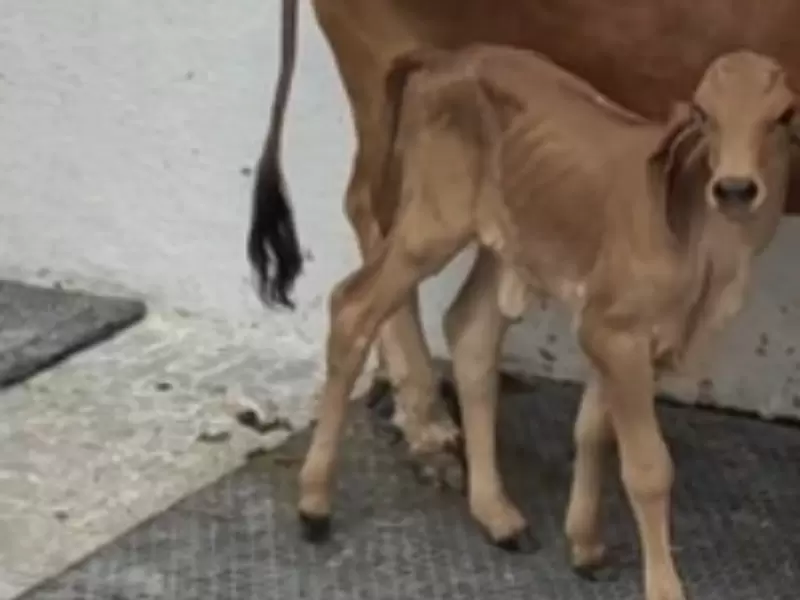
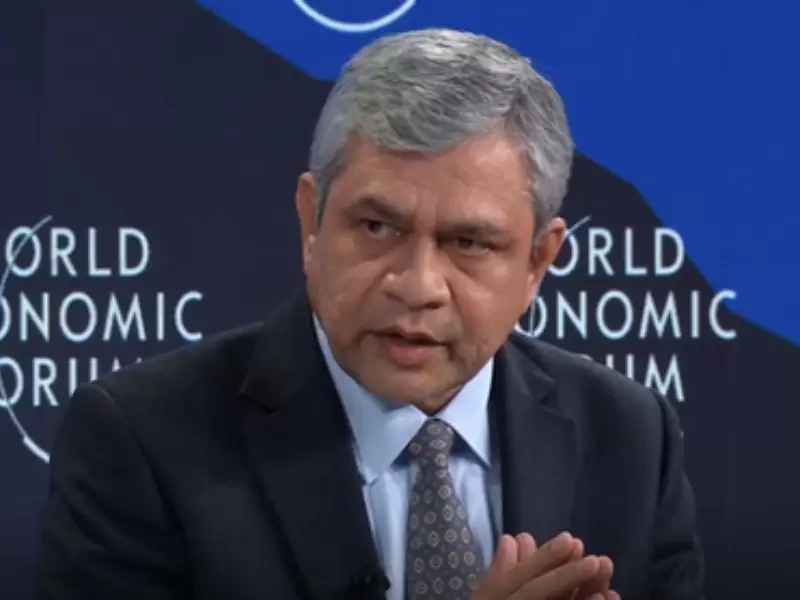
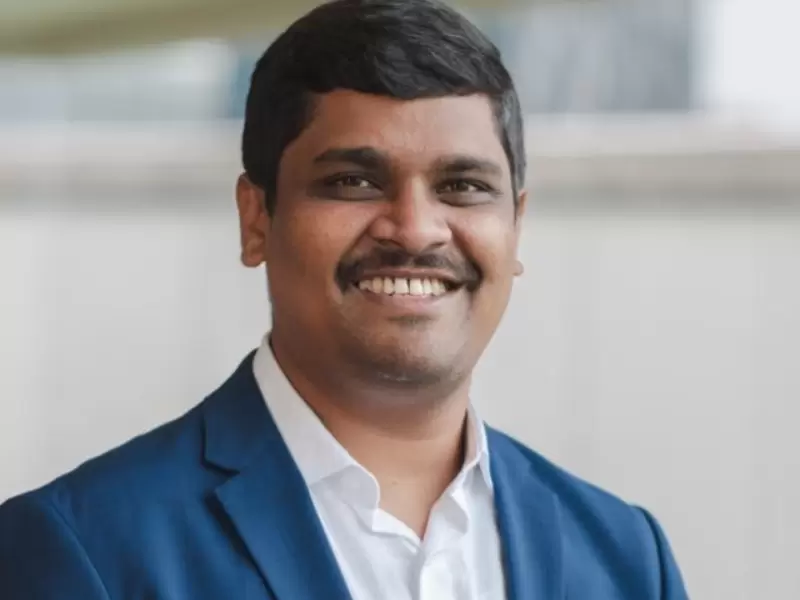


Comments
Start the conversation
Become a member of New India Abroad to start commenting.
Sign Up Now
Already have an account? Login